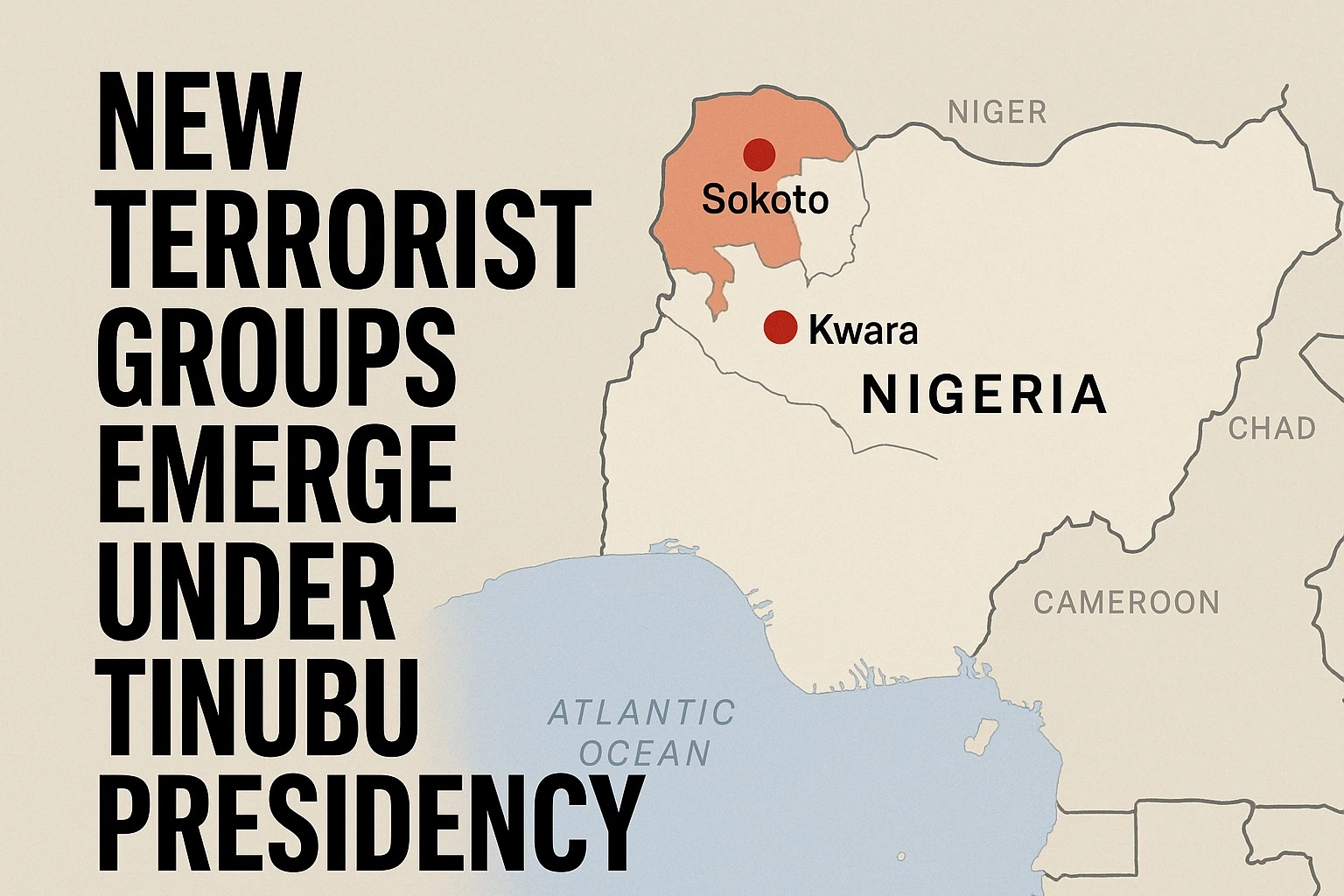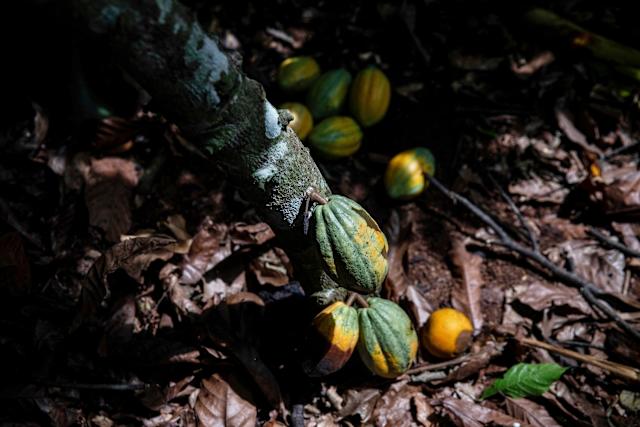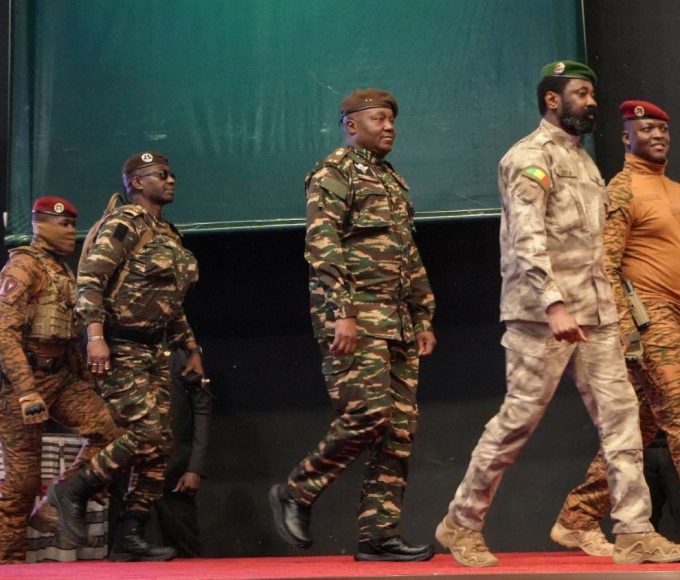
Nigeria Bleeds as Mahmuda and Lakurawa Terror Groups Gain Grounds Under Tinubu’s Administration

Under President Bola Tinubu’s administration, Nigeria faces an alarming resurgence of terrorism, with new extremist groups emerging and expanding across northern and central regions.
The most recent threat, a previously unknown militant group called Mahmuda, has launched deadly attacks in Kaiama and Burtein communities of Kwara State, killing at least three civilians and injuring several others. The group, according to local reports and security sources, has taken control of villages, enforcing taxes, forced labour, and its interpretation of sharia law.
Security experts describe Mahmuda as a potential rebrand of the Darul Salam sect, a longtime Boko Haram-linked offshoot that had been considered dormant. According to reports by BBC and Sahara Reporters, the group rapidly expands its influence in underserved regions, capitalising on weak state presence and public distrust in government.
They move in where the state is absent, and the people are left to choose between violent order or complete chaos,.
Meanwhile, another group, the Lakurawa faction, which was declared a terrorist organisation earlier this year, is actively enforcing Taliban-style rule in parts of Sokoto and Kebbi States. The group has been implicated in floggings, kidnappings, and the imposition of extremist Islamic codes on civilians, including bans on music and social gatherings.
These developments come amid rising public criticism of the Tinubu administration’s security record, particularly following Vice President Kashim Shettima’s 2023 statement that he would focus on security while the President concentrates on economic reforms.
What we are seeing is the unravelling of a dangerous security vacuum. These groups are not just bandits. They are structured insurgent forces replacing government authority in rural Nigeria.
The federal government has yet to issue a formal statement on the Mahmuda attacks, but military sources indicate that reinforcements are being mobilised to respond in Kwara State. Residents, however, remain sceptical and say they feel abandoned.
As Nigeria battles high inflation, youth unemployment, and economic pressures, the re-emergence of organised militant groups raises concerns about a possible new wave of insurgency just over a decade after Boko Haram’s peak and barely two years into the Tinubu administration.
Developing story
About The Author
Related Articles
Ivory Coast to Buy Unsold Cocoa to Support Farmers
Ivory Coast has announced a government plan to purchase unsold cocoa stock...
ByWest Africa WeeklyJanuary 23, 2026Ghana Moves to Reclaim Kwame Nkrumah’s Former Residence in Guinea
Ghana has embarked on a diplomatic and cultural initiative to reclaim the...
ByWest Africa WeeklyJanuary 23, 2026Senegal Honors Players and Coach After AFCON Triumph
Senegal has formally honored its Africa Cup of Nations winning team, awarding...
ByWest Africa WeeklyJanuary 23, 2026Burkina Faso, Mali, and Niger Turn to Russia for Shared Telecom Network
Burkina Faso, Mali, and Niger have announced plans to develop the Sahel’s...
ByWest Africa WeeklyJanuary 23, 2026












Leave a comment